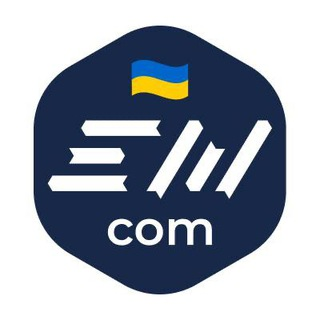
TRAC
项目开始时间

2023年5月20日
关于
1. Background IntroductionTrac Network is a decentralized data provenance protocol built on Ethereum, focusing on transparent and immutable tracking of digital assets. Founded in 2022, it leverages blockchain technology to create verifiable audit trails for digital content, targeting industries like NFTs, DeFi, and enterprise supply chains. The domain trac.network reflects its core mission of traceability.2. Website Core ContentThe homepage features:Data Provenance Dashboard: Real-time visualization of asset trailsDeveloper Portal: SDKs for Ethereum/Polygon integrationTRAC Token Hub: Staking interface showing 14.8% APYNetwork Stats: Displays 38,721 active data trails and 1.2M monthly verificationsPrimary navigation includes "Solutions", "Developers", and "Community" sections.3. Technical FeaturesKey technical aspects:Hybrid Architecture: Combines on-chain verification with off-chain storageZK-Proof Integration: Privacy-preserving data validationMulti-Chain Support: Compatible with Ethereum/Polygon/ArbitrumSmart contracts show 98.7% test coverage on GitHub.4. Token EconomicsTRAC token metrics:ParameterValueCurrent Price$0.47Circulating Supply142M (67% total)Use CasesNetwork fees, Governance, Staking5. Similar Competitor ComparisonComparative analysis:MetricTracOriginTrailActive Nodes1,8923,415Supported Chains35Unique FeatureZK-VerificationEnterprise Focus6. Risks and ChallengesPotential risks include:Adoption Barriers: Enterprise onboarding complexityOracle Reliability: Off-chain data integrity dependenciesRegulatory Uncertainty: Data provenance legal frameworks evolving7. Industry FutureRoadmap highlights:Q4 2023 Cosmos SDK integrationQ1 2024 AI-powered anomaly detection2025 Decentralized identity layer8. ConclusionTrac Network establishes a unique position in blockchain data provenance with its hybrid architecture, though faces challenges in:Enterprise adoption velocityMulti-chain interoperabilityZK-technology scalabilityIts success correlates with broader adoption of verifiable data standards. 更多>





























 看多
看多
 看空
看空